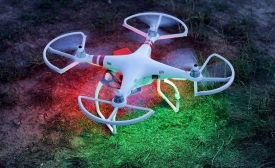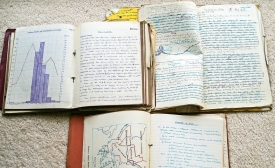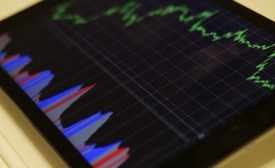data analysis

A look at how new tools such as satellite remote sensing, virtual reality, bots and apps impact the practice of public diplomacy.

Ilan Manor responds to a recent article which examined the U.S. Advisory Commission on Public Diplomacy's report on data-driven public diplomacy.
Last month, All Azimuth published an article by Bean and Comor titled "Data Driven Public Diplomacy: A Critical and Reflexive Assessment." As the scholars note, the rise of digital technologies, and the utilization of digital platforms in public diplomacy, has seen a greater emphasis on measuring public diplomacy activities and their ability to influence foreign populations. From big data sets to social media analytics, public diplomacy and its evaluation is indeed data-driven.

Authors Hamilton Bean and Edward Comor try to identify what motivates the search for methods to evaluate public diplomacy.
We are already past the midway mark in our new Hacking for Diplomacy course at Stanford [...] Having logged more than 550 interviews of potential beneficiaries, the teams have delved deep into understanding the problems sourced from the State Department. The challenges are tough - such as how to improve data on refugees who go missing or perish on their journeys, and how to better evaluate the effectiveness of peacekeeping forces.
We’ve heard even more about data recently because of the Sustainable Development Goals. It’s good news that the international development field finally seems to be pushing past the rhetoric. The indicators that will measure the SDGs are more complex, intersecting and sophisticated than we have ever seen before, and they will help us understand the world better.







